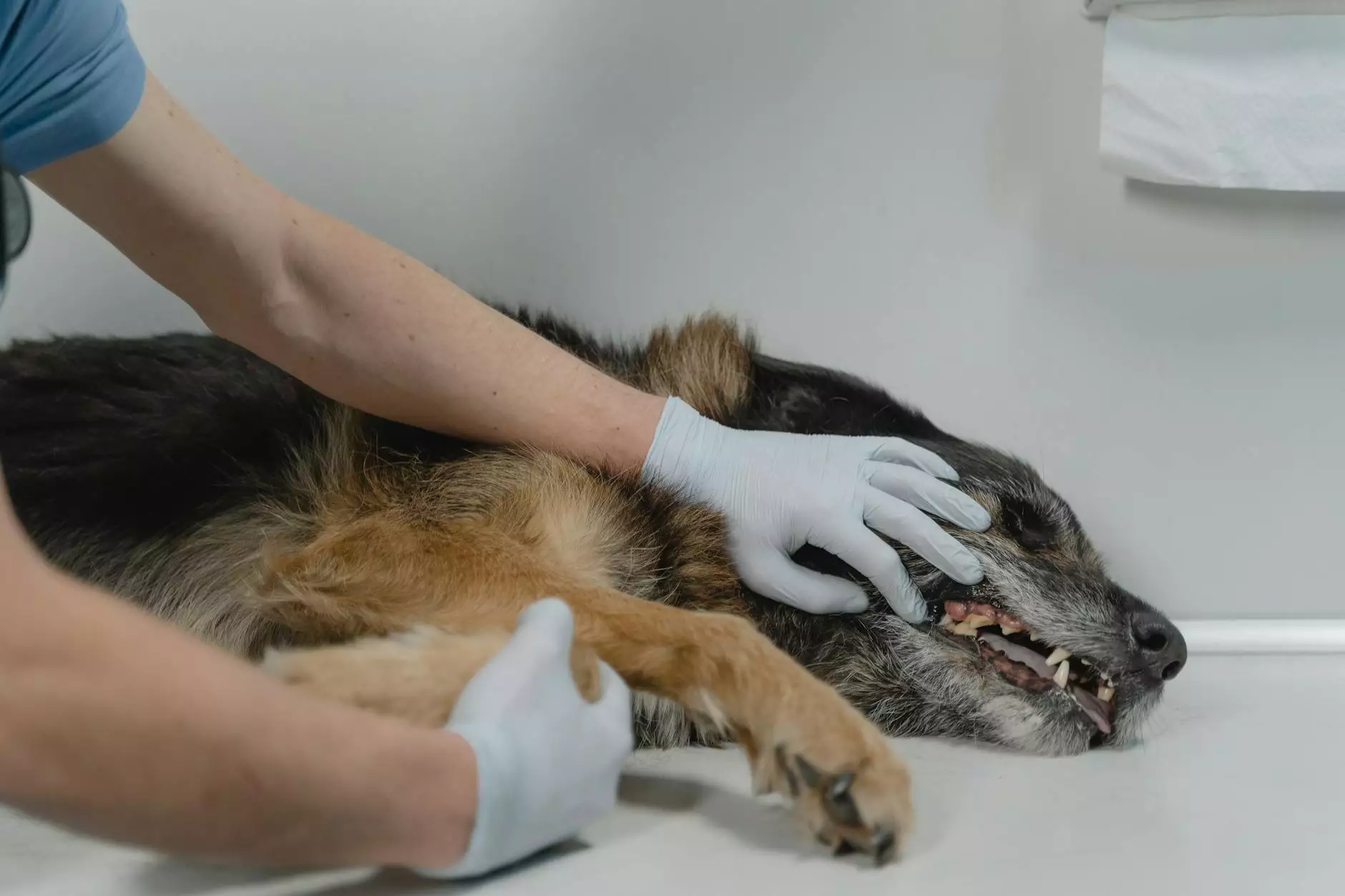Newsletter Library - Fleas & Parasites
Resources
Welcome to Lasers4Horses - your ultimate resource for all things related to pets and animals, specifically horses. As a passionate horse lover, you understand the importance of maintaining your horse's health and well-being. In this category, we will explore the topic of fleas & parasites and provide comprehensive information, tips, and recommendations to help you keep your horses healthy and parasite-free.
The Importance of Flea and Parasite Control for Horses
As a responsible horse owner, it is essential to understand the significance of flea and parasite control. Fleas and parasites can cause numerous health issues in horses, ranging from mild discomfort to severe illness. By implementing effective preventive measures and routine treatments, you can minimize the risks and ensure your horse's optimal health.
Types of Fleas and Parasites in Horses
There are several types of fleas and parasites that can affect horses. Let's explore some of the most common ones:
- 1. Internal Parasites: Internal parasites, such as worms, can reside in your horse's digestive system and cause various health problems. Common types include roundworms, tapeworms, and strongyles.
- 2. External Parasites: External parasites, like fleas, ticks, and mites, infest your horse's skin, coat, and mane. They can cause itching, hair loss, skin infections, and discomfort.
- 3. Fly and Mosquito-borne Diseases: Flies and mosquitoes are carriers of diseases that can affect horses, including West Nile Virus and Equine Infectious Anemia. Protecting your horse from these insects is crucial.
Preventive Measures for Flea and Parasite Control in Horses
To keep your horses healthy and parasite-free, it's important to implement preventive measures. Here are some effective strategies:
- Implement a Regular Deworming Program: Consult with your veterinarian to develop a deworming schedule tailored to your horse's specific needs. Deworming medications can target and eliminate internal parasites, preventing their harmful effects.
- Maintain Clean and Hygienic Stables: Regularly clean your horse's stables, paddocks, and living areas to minimize the risk of parasite infestations. Remove manure promptly and keep the environment as clean as possible.
- Practice Proper Grooming: Regular grooming sessions help identify any signs of fleas or external parasites on your horse's coat. Brushing and bathing can also remove dirt, debris, and eggs.
- Provide Adequate Nutrition: A well-balanced diet rich in essential nutrients boosts your horse's immune system and overall health, reducing their vulnerability to parasites.
- Use Safe and Effective Repellents: Apply horse-approved fly sprays, repellents, and insecticides to protect your horse from external parasites. Consult with your veterinarian to ensure the products you use are safe and suitable for horses.
- Implement Pasture Management: Rotational grazing, pasture harrowing, and manure removal can help reduce the parasite burden in your horse's grazing areas.
Conclusion
In conclusion, fleas and parasites pose significant health risks to your horses. By understanding the importance of flea and parasite control and implementing preventive measures, you can protect your horses from these harmful pests. Lasers4Horses is dedicated to providing you with the most comprehensive information and resources to help you keep your horses healthy, happy, and parasite-free. Stay tuned for more informative articles on various topics related to pets and animals - horses.




